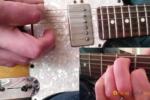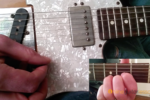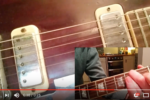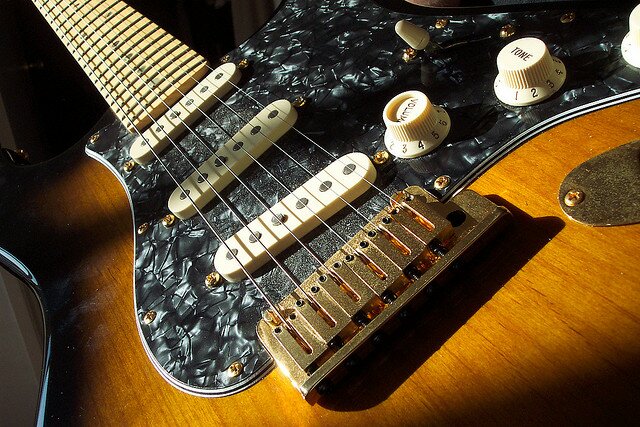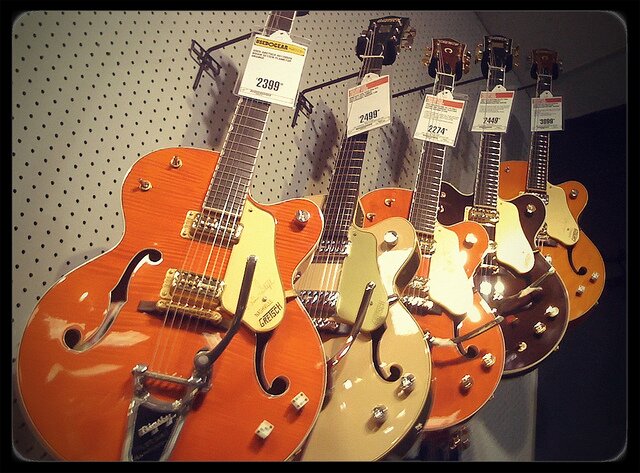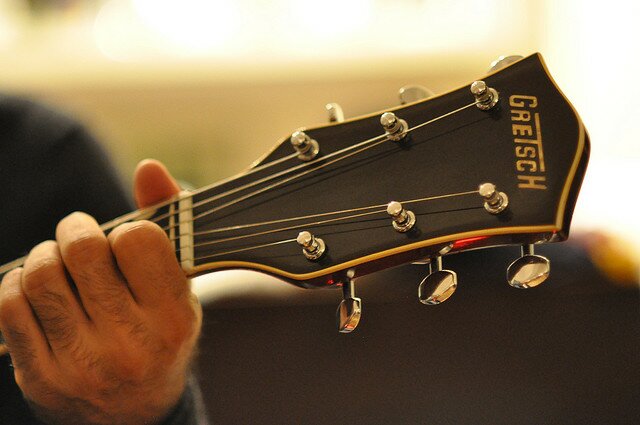How to Play the A Minor Chord
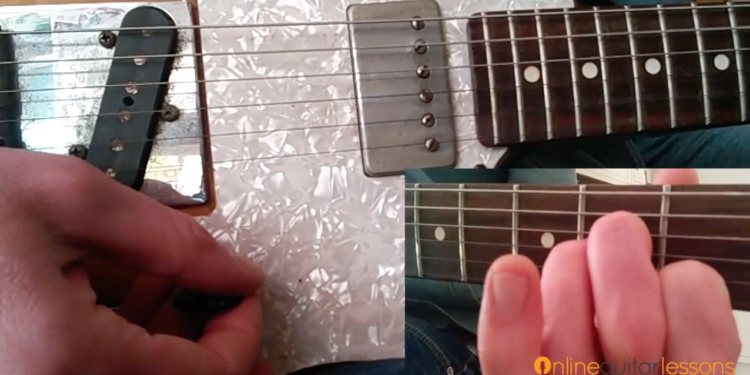
A minor is another super easy chord to get started with, and once again only requires three fingers. In fact, if you’ve already figured out how to play an E major chord then this is exactly the same, but shifted over one string.
As with the A major chord, you’ve got to be a little careful here when you strum, as the chord only uses five strings. Therefore, you want to make sure that you don’t strike the sixth string when you play the chord.
The chart below shows you what fingers you need to place and where, in order to play the A minor chord:
As you’ve probably started to notice with the simple chords in this series, is that the lowest note in the chord also happens to be your root note. In this case, the lowest note is the open fifth string, which happens to be an A. The result is a really strong foundation to your chord.
The video below shows you how the chord is formed, and what you need to do with your right hand when strumming the chord:
If you’ve only just started learning to play chords, then this may well be your first minor chord. If you take a look at the chart above, you’ll notice that when compared to the A major chord, there’s only one note that’s different. The note in question is the 3rd (or flat 3rd) note of the scale, and it is this that give the chord the gloomy minor sound.
As you start to learn more of these chords, our advice is to not rush too much, and instead focus on achieving a clear sounding chord with no buzzing notes or anything nasty like that. Keep practicing and you’ll be there soon!

